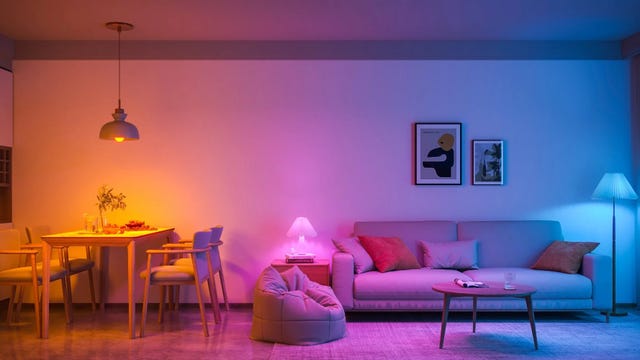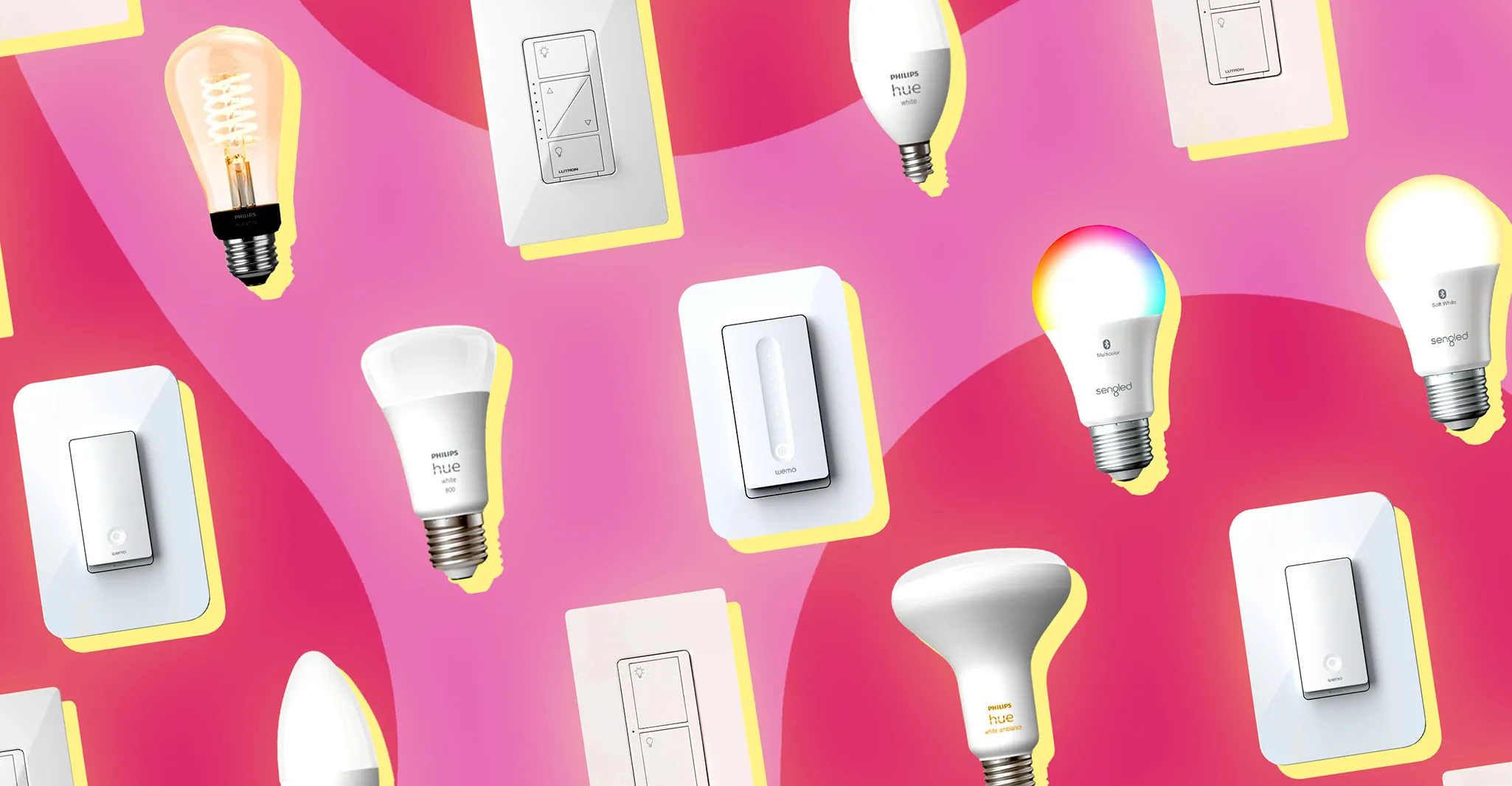Smart lighting has revolutionized home illumination, offering convenience, energy efficiency, and customizable ambiance through advanced technology. Integrating seamlessly with modern lifestyles, smart lights let homeowners effortlessly control brightness, colors, schedules, and even voice commands. This article explores the benefits, functionalities, and considerations for integrating smart lights into your home, highlighting how they can significantly enhance your daily living experience.
Understanding Smart Lighting

Smart lights are advanced lighting solutions connected through Wi-Fi, Bluetooth, or smart-home hubs, allowing users to remotely control them via smartphones, voice assistants, or automation schedules. Unlike traditional bulbs, smart lights offer customization, interactivity, and energy-saving capabilities, transforming home lighting from a simple necessity into an intelligent, personalized experience.
Benefits of Smart Lights for Homes
Smart lights offer numerous benefits that enhance home living, comfort, and efficiency, including:
-
Convenience: Effortlessly control lighting remotely from anywhere using smartphone apps.
-
Energy Efficiency: LED-based smart bulbs significantly reduce energy consumption, saving on electricity bills.
-
Enhanced Security: Schedule lights to mimic occupancy, increasing home security.
-
Personalized Ambiance: Customize lighting colors, brightness, and themes to match moods and activities.
-
Integration with Smart Home Ecosystems: Compatibility with systems like Alexa, Google Home, or Apple HomeKit creates seamless connectivity throughout your home.
Key Features of Smart Lighting Systems
Smart lights come equipped with advanced features designed to optimize convenience, personalization, and home safety:
1. Remote Control and Scheduling
Smartphone apps enable homeowners to control lights remotely, turning them on/off, adjusting brightness, and scheduling specific lighting routines—even while traveling or away from home.
2. Voice Control Integration
Integration with voice assistants such as Alexa, Siri, or Google Assistant provides hands-free lighting adjustments. Voice commands simplify tasks, allowing effortless management of lighting without physical interaction.
3. Customizable Color and Brightness
Smart bulbs frequently offer customizable color and brightness options, enabling homeowners to set desired atmospheres for relaxation, entertainment, productivity, or special occasions with just a few taps.
4. Automation and Sensors
Many smart lighting systems include motion sensors, daylight sensors, and automation features. This technology enables automatic adjustments based on occupancy, ambient lighting conditions, or predefined routines, improving efficiency and convenience.
Energy Efficiency and Sustainability
Smart LED bulbs significantly outperform traditional incandescent bulbs in terms of energy efficiency. They consume less power, reducing household electricity costs and carbon footprints. Additionally, scheduling and automation capabilities further reduce unnecessary energy usage, contributing positively to environmental sustainability.
Enhancing Home Security with Smart Lights
Smart lights improve home security by simulating occupancy, discouraging potential intruders. Homeowners can program lights to activate randomly or according to preset schedules, creating the illusion of an occupied residence. Additionally, motion-activated outdoor smart lights improve exterior security, alerting homeowners to unexpected activity.
Choosing the Right Smart Lighting System
Selecting appropriate smart lights depends on various considerations:
-
Compatibility: Ensure selected bulbs integrate seamlessly with existing smart-home devices and preferred voice assistants.
-
Connectivity: Determine whether bulbs require Wi-Fi, Bluetooth, or smart hubs to function optimally.
-
Bulb Type and Fit: Confirm bulb compatibility with existing fixtures and the appropriate brightness and color range.
-
Budget and Cost: Consider upfront costs versus long-term energy savings and functionality benefits.
Carefully evaluating these factors ensures homeowners choose suitable systems aligned with their preferences, needs, and budgets.
Smart Lighting for Enhanced Interior Design
Smart lighting significantly enhances home aesthetics, allowing homeowners to highlight architectural features, artwork, or interior décor. Adjustable lighting color and brightness enable dynamic interior transformations, emphasizing specific areas, creating moods, and elevating overall ambiance and design appeal.
Future Trends in Smart Lighting
The smart lighting industry continues innovating, promising exciting future trends:
-
Improved AI integration, allowing more intuitive, personalized automation based on user preferences.
-
Health-focused lighting, adjusting lighting intensity and color temperatures throughout the day to support natural circadian rhythms.
-
Expanded connectivity, increasing integration capabilities with IoT devices and smart-home ecosystems for seamless control.
-
Advanced sustainability features, optimizing energy consumption further through predictive lighting adjustments and sensor technologies.
These trends promise enhanced user experiences, convenience, and functionality, making smart lighting indispensable for modern living.
Potential Challenges and Considerations
Despite benefits, homeowners should consider potential challenges:
-
Initial setup complexity, especially for comprehensive smart-home integration.
-
Wi-Fi reliability, as connectivity issues can disrupt performance.
-
Privacy and security, ensuring that connected devices remain secure from potential cybersecurity threats.
Addressing these considerations proactively ensures optimal performance and satisfaction with smart lighting systems.
Conclusion
Smart lighting offers homeowners unparalleled convenience, personalization, energy savings, enhanced security, and aesthetic versatility. Integrating smart lights into home environments transforms everyday living experiences, providing comfort, efficiency, and style. With careful selection, proper setup, and thoughtful utilization, homeowners can fully leverage the numerous advantages smart lighting brings to modern homes.
Tags: Customizable Lighting, Energy Efficiency, Home Automation, IoT Devices, LED Lighting, Lighting Design, Smart Home, Smart Lights, Smart Security, Voice Control Lighting
